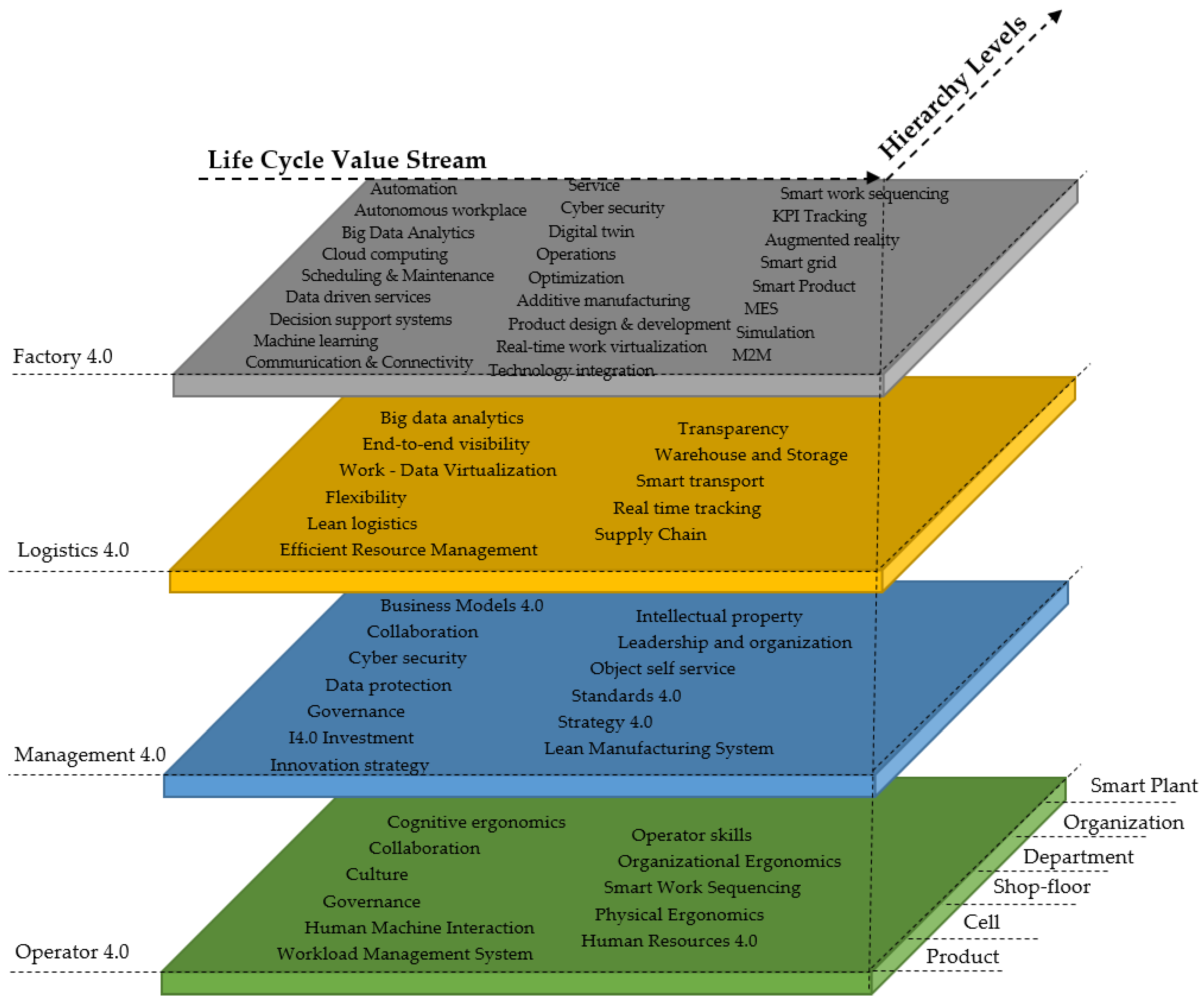

The delivery and scaling of MFN capability is an example of that, Hampton explained. Responding to the ever-growing threats that New Zealand’s organisations face today, there needs to be increased partnership and collaboration across the public and private sectors. The achievement in developing those partnership relationships and delivering the MFN service platform reflects the commitment and considerable technical capability of the NCSC staff, Hampton informed. These partners are progressively offering the MFN service as part of their managed security products. The NCSC currently has agreements with nine MFN partner organisations. Since the pilot, the NCSC has worked extensively with a range of local partners to address technical challenges and deliver a technology platform that can take cyber threat information and promptly turn it into actionable threat intelligence which partners can deploy.

While the pilot showed it has significant potential, it also highlighted a range of technical challenges.

The MFN capability was first piloted as part of the rollout of those capabilities. The NCSC reported earlier this month that the operation of its cyber defence capabilities helped reduce harm to New Zealand organisations by $119 million in the last financial year, and more than $284 million since these capabilities became operational in 2016. As the span of capability grows, and more partners include MFN in their services the benefit for New Zealand organisations both public and private will increase exponentially. According to a news report, he claimed that MFN is preventing real harm. As of 30 November 2021, MFN has disrupted more than 10,000 threats. Hampton stated that these indicators are derived from a range of sources, including the operation of the NCSC’s cyber defence capabilities, through incident response work, and from international partners. There have been more than 40,000 indicators of compromise deployed to MFN since the new service was piloted and went live in September last year. MFN complements commercial threat intelligence by detecting and disrupting against indicators identified through NCSC’s advanced cyber defence capabilities and sourced from the NCSC’s international cyber security partnerships. The MFN threat intelligence service can be integrated with other systems and platforms to increase the range of malicious activity MFN customers are defended against. MFN is the NCSC’s threat detection and disruption service that provides near real-time threat intelligence reflecting current malicious activity targeting New Zealand organisations.
Cyber science 3d channel sales manager free#
The Malware Free Networks (MFN) capability makes that possible, providing a platform to share indicators of malicious activity with security service providers so they can detect and disrupt that activity on their customers’ networks. GCSB Director-General, Andrew Hampton, explained that the key to scaling the benefits from NCSC cyber defence capabilities is to work in partnership with other cybersecurity providers. A new cyber defence capability recently launched by the GCSB’s National Cyber Security Centre (NCSC) will make the centre’s cyber threat intelligence available to commercial cybersecurity providers to help defend their customers’ networks.



 0 kommentar(er)
0 kommentar(er)
